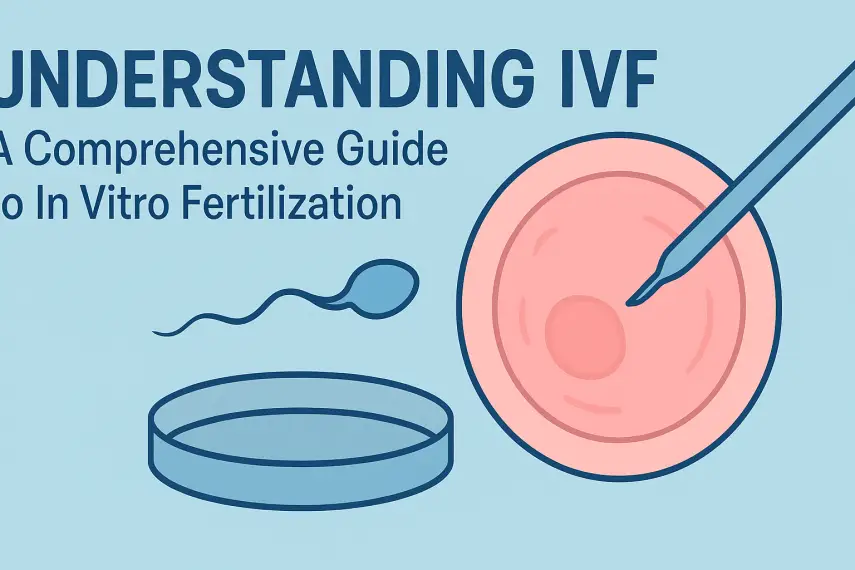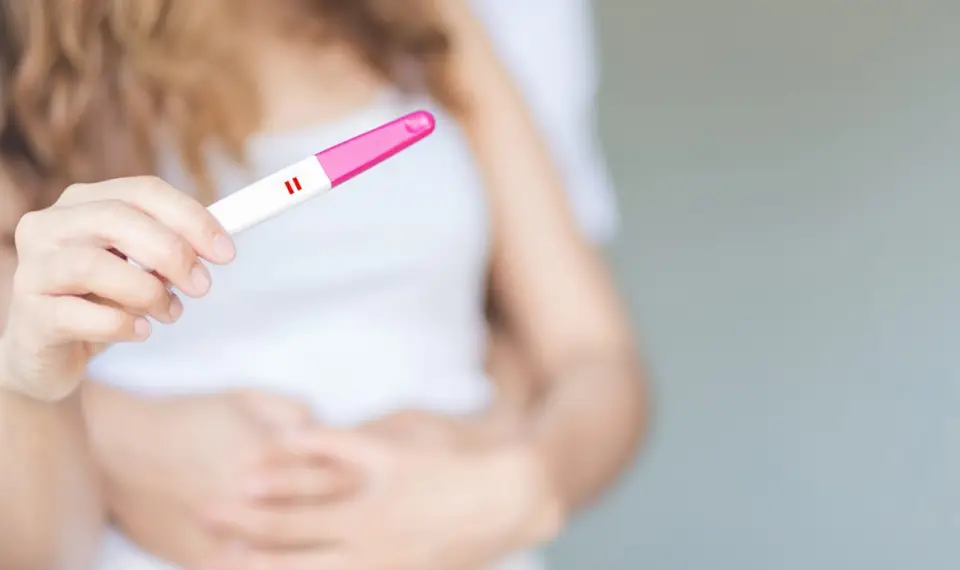
Early Pregnancy Signs: What to Expect and Prepare
📑 Contents
Introduction

Recognizing early pregnancy signs can be both exciting and overwhelming, especially for those experiencing it for the first time. Knowing what to expect and how to prepare empowers you to manage the first crucial weeks confidently. This comprehensive guide explores the most common early pregnancy symptoms, the science behind them, and practical steps to take as you begin your pregnancy journey.
Understanding Early Pregnancy Signs
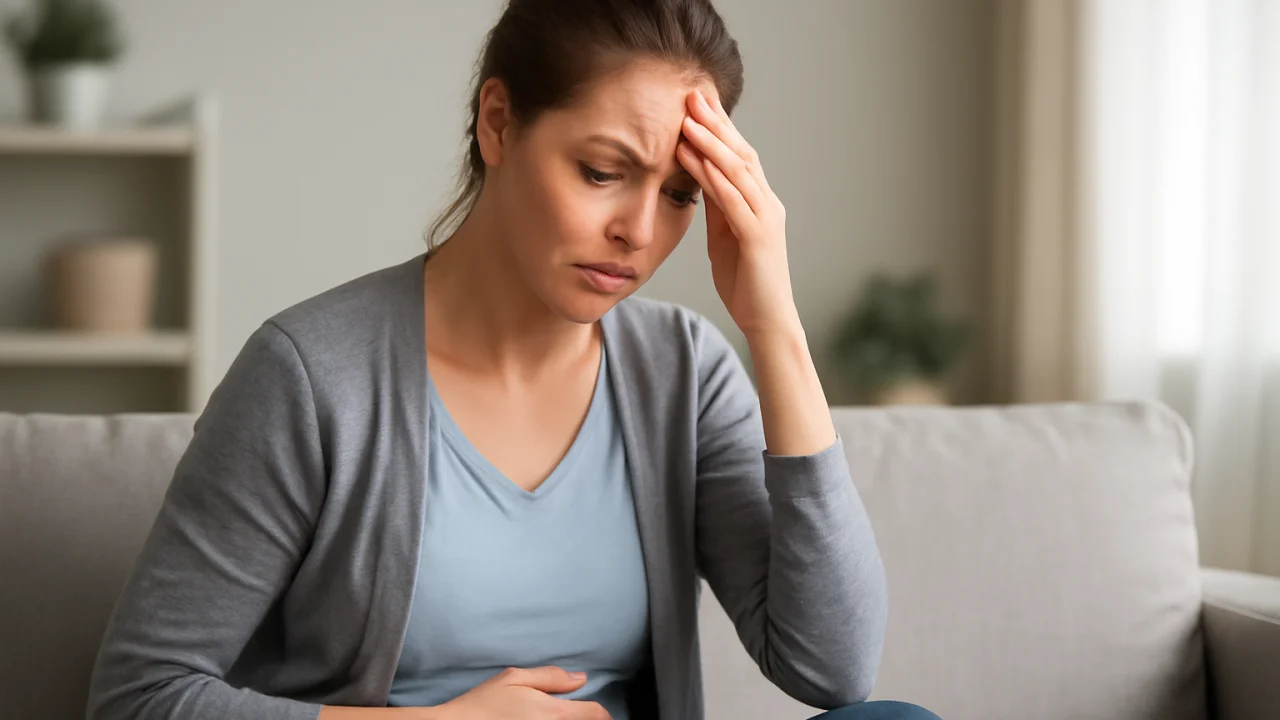
The primary query, early pregnancy signs, refers to the physical and emotional symptoms that may indicate the onset of pregnancy before a missed period or a positive test. These early signs vary between individuals but commonly reflect hormonal changes as the body prepares to support a developing embryo.
What Causes Early Pregnancy Symptoms?
Early pregnancy symptoms are mainly caused by increases in hormones such as human chorionic gonadotropin (hCG), progesterone, and estrogen. These hormonal shifts begin soon after conception and trigger changes throughout the body.
Common Early Pregnancy Signs and Their Timeline

| Symptom | Typical Onset | Description |
|---|---|---|
| Missed Period | Week 4–5 | Most common first sign, especially in regular cycles. |
| Fatigue | Week 1–2 | Unusual tiredness due to rising progesterone levels. |
| Breast Changes | Week 1–2 | Tenderness, swelling, or darkening of the areola. |
| Nausea (Morning Sickness) | Week 2–8 | Feeling nauseous, with or without vomiting. |
| Frequent Urination | Week 2–3 | Needing to urinate more often as blood flow increases to the kidneys. |
| Food Aversions/Cravings | Week 2–5 | Changes in taste and smell sensitivity. |
| Mood Swings | Week 4–6 | Emotional ups and downs due to hormonal fluctuations. |
| Spotting/Implantation Bleeding | Week 1–2 | Light bleeding when the embryo attaches to the uterine lining. |
Less Common Early Pregnancy Signs
- Headaches
- Constipation or bloating
- Dizziness or faintness
- Metallic taste in mouth
- Heightened sense of smell
How Soon Can You Experience Early Pregnancy Signs?
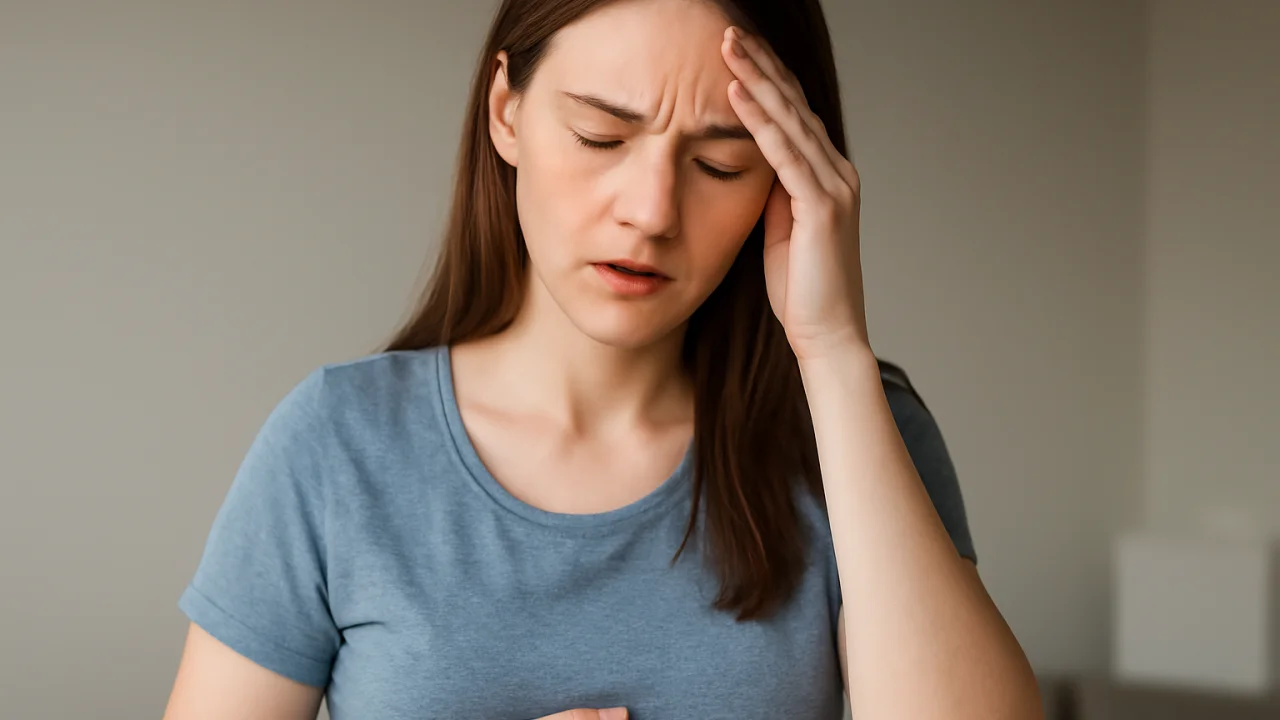
Some individuals report symptoms as early as one week after conception, while others may not notice changes until after a missed period. The intensity and combination of symptoms can vary widely and are not a definitive indicator of pregnancy without a test.
What to Do If You Notice Early Pregnancy Signs
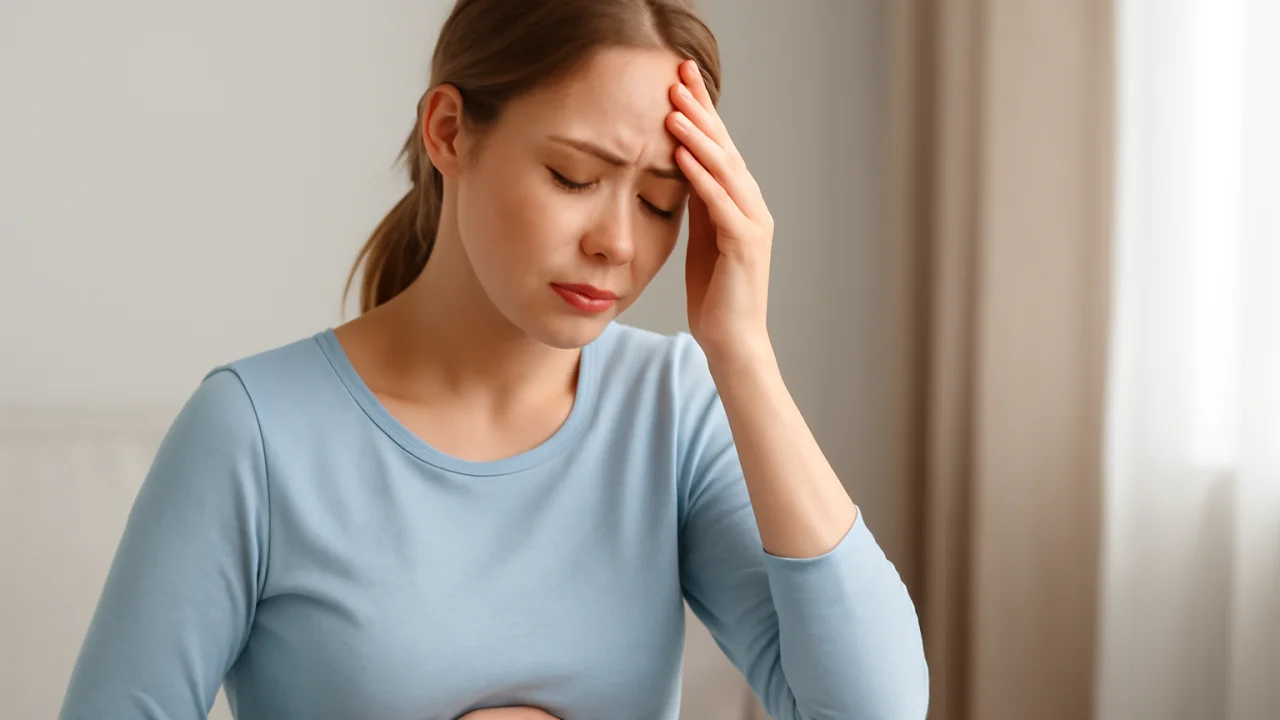
- Take a Home Pregnancy Test: For best accuracy, test after a missed period. Early-detection tests can sometimes provide results several days before.
- Schedule a Healthcare Appointment: Confirm pregnancy and discuss prenatal care with a healthcare provider.
- Begin Prenatal Vitamins: Folic acid and other prenatal vitamins are recommended as soon as pregnancy is suspected.
- Track Your Symptoms: Keep a journal to note changes and share with your healthcare provider.
- Review Medications: Consult with a provider about the safety of current medications.
Preparing for Pregnancy: First Steps After Early Signs
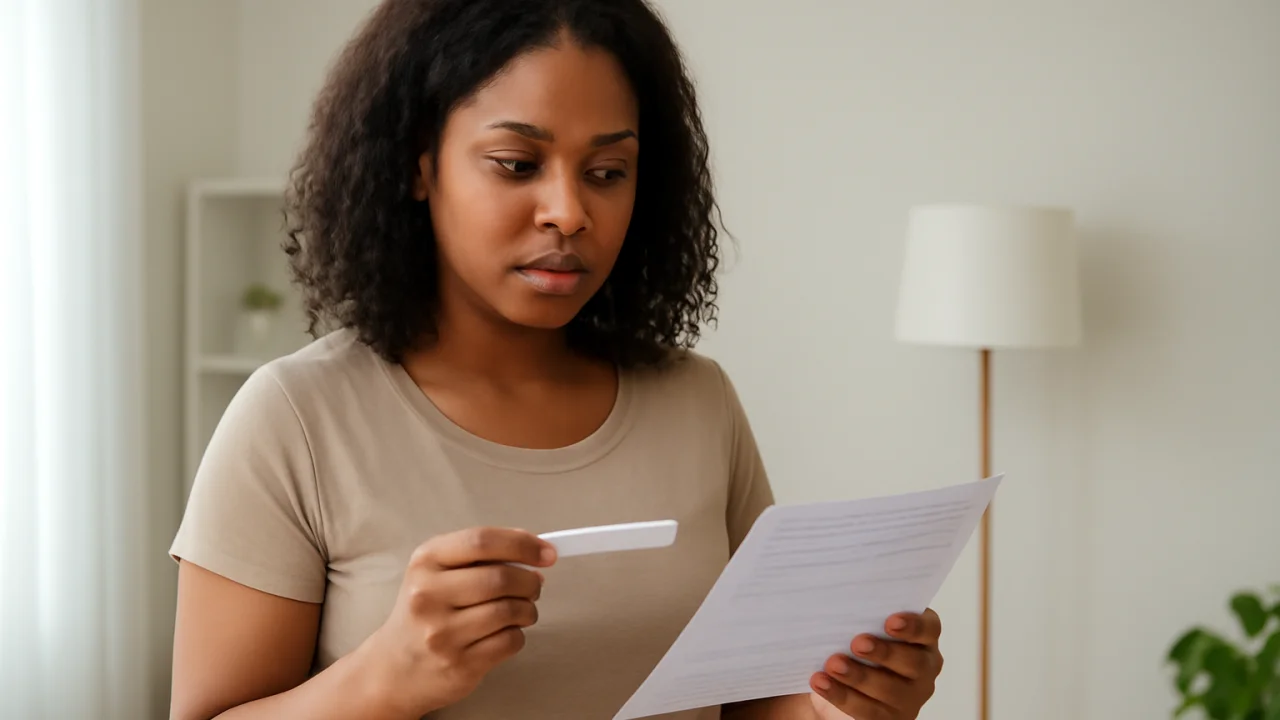
Medical Preparation
- Arrange your first prenatal appointment (usually at 6–8 weeks gestation).
- Discuss your medical history, lifestyle, and any chronic conditions.
- Update vaccinations as advised by your healthcare provider.
Lifestyle Adjustments
- Stop smoking and avoid alcohol and recreational drugs.
- Maintain a balanced diet with plenty of fruits, vegetables, lean proteins, and whole grains.
- Stay hydrated and aim for regular, moderate exercise (unless advised otherwise).
- Avoid exposure to harmful substances and environments.
When to Seek Medical Attention

While most early pregnancy symptoms are normal, certain signs require immediate medical evaluation:
- Severe abdominal pain or cramping
- Heavy vaginal bleeding
- Persistent vomiting and inability to keep fluids down
- High fever or chills
- Fainting or severe dizziness
These could indicate a miscarriage, ectopic pregnancy, or another complication requiring prompt care.
FAQ: Early Pregnancy Signs
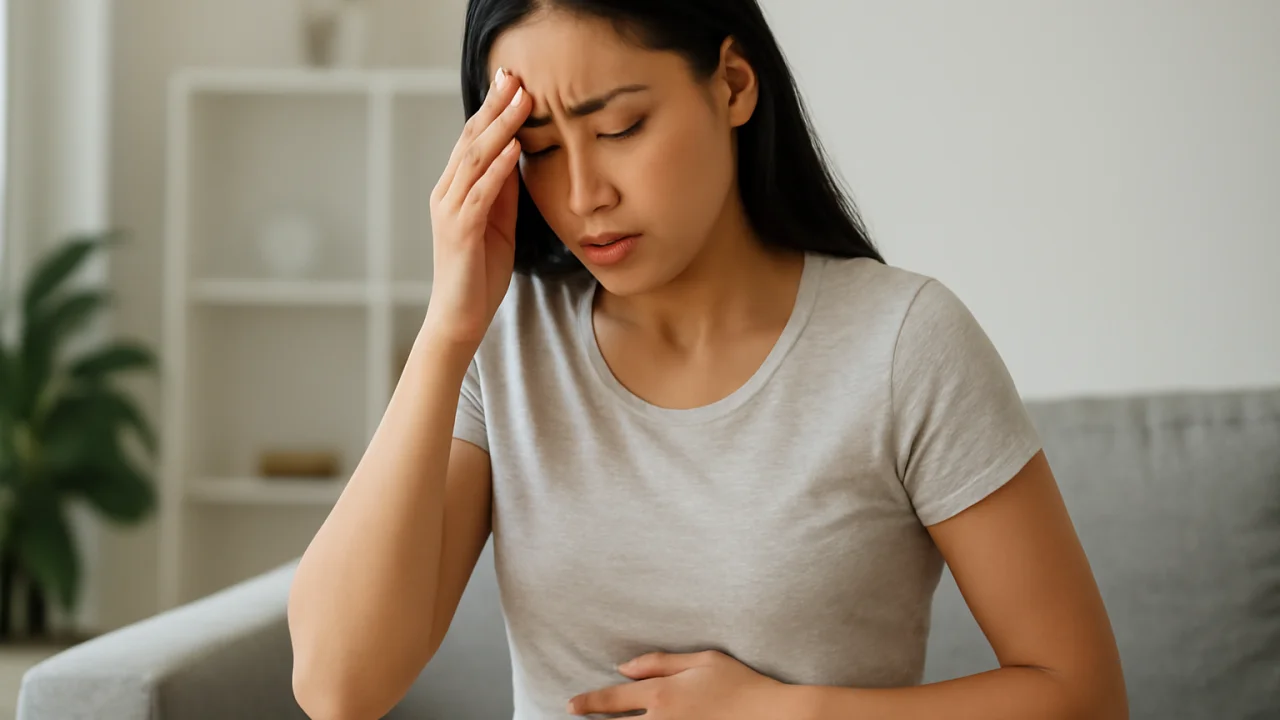
- Can you feel pregnancy symptoms before a missed period?
Some people notice symptoms like fatigue or breast tenderness before a missed period, but a missed period is the most reliable early sign. - How accurate are home pregnancy tests?
Most home pregnancy tests are over 99% accurate when used after a missed period, but accuracy decreases if used too early. - Is spotting normal in early pregnancy?
Light spotting (implantation bleeding) can be normal, but heavy bleeding should be evaluated by a healthcare provider. - What foods should I avoid during early pregnancy?
Avoid raw or undercooked meats, unpasteurized dairy, certain seafood, and high-mercury fish. - Can stress cause early pregnancy symptoms?
Stress can mimic some pregnancy symptoms but does not cause pregnancy. Only a pregnancy test can confirm. - Should I exercise during early pregnancy?
Moderate exercise is generally safe and beneficial, but consult your healthcare provider for personalized advice. - What if I have no early pregnancy symptoms?
Some people have few or no symptoms yet still have healthy pregnancies. Lack of symptoms is not usually a cause for concern. - When should I see a doctor after a positive pregnancy test?
Schedule your first prenatal visit as soon as possible, typically within the first 6–8 weeks of pregnancy.
Conclusion

Understanding early pregnancy signs helps you recognize the changes in your body and initiate healthy habits from the start. If you suspect you are pregnant, confirm with a test and consult a healthcare provider to begin prenatal care. For more resources and support throughout your pregnancy journey, explore the articles and guides at isayinfo.com.



